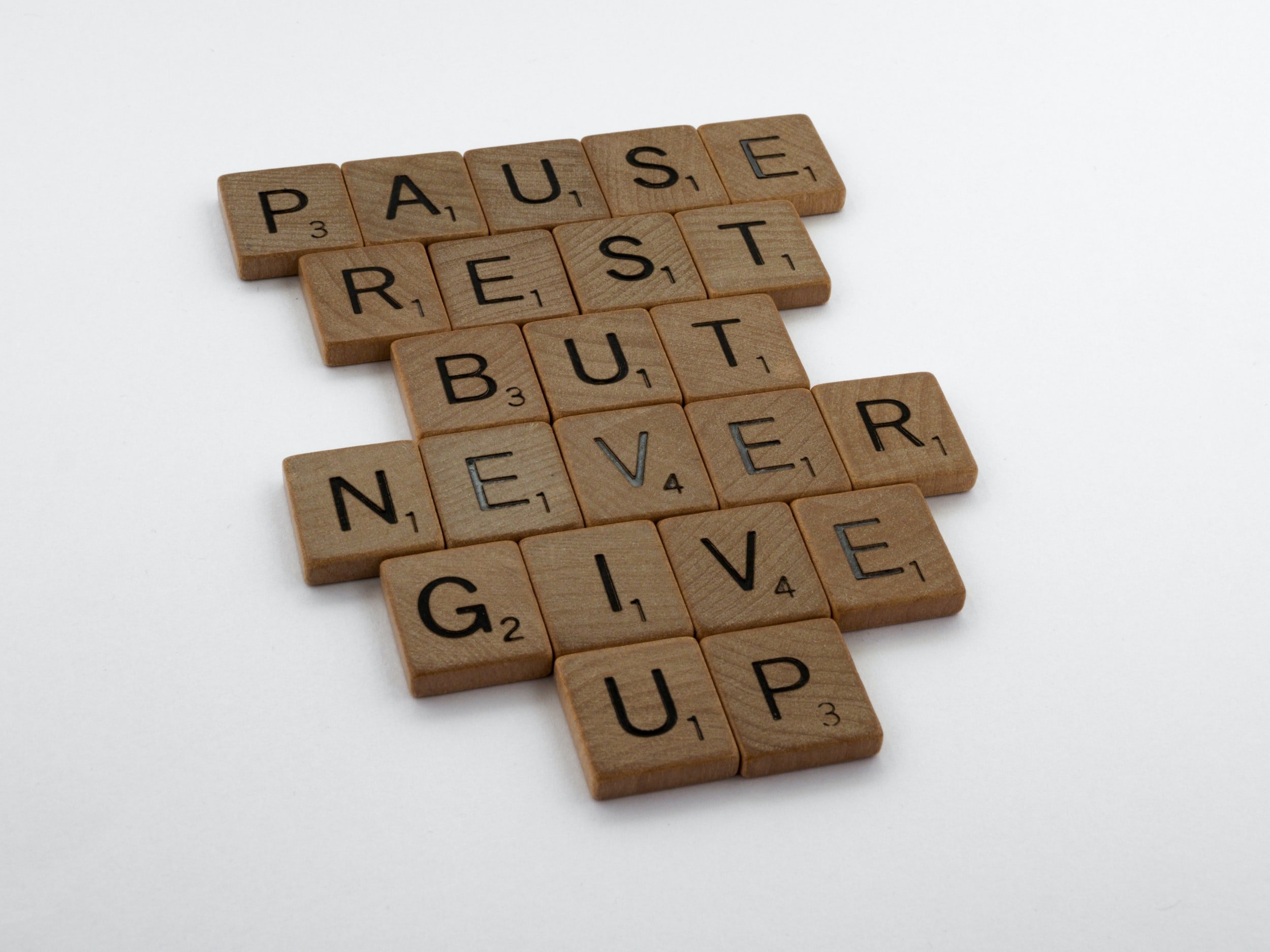Relationships can be complex and challenging; sometimes, couples may face difficulties requiring professional help. When seeking therapy for relationship issues, it's common to wonder whether individual or couples therapy is the best approach. Both options can be beneficial, but it's essential to consider certain factors to determine which may be more appropriate for your situation. In this blog post, we will explore the differences between individual and couples therapy and provide references to help you make an informed decision.
Individual Therapy
Individual therapy, or one-on-one therapy, focuses on the individual's thoughts, feelings, and behaviors and aims to improve their mental health and well-being. Individual therapy can be helpful for a wide range of issues, including anxiety, depression, trauma, self-esteem, and personal growth.
Couples Therapy
Couples therapy, also known as relationship therapy or marriage counseling, involves partners working with a therapist to address issues in their relationship. It focuses on the couple's dynamics, communication patterns, problem-solving skills, and emotional connection. Couples therapy can help address communication difficulties, conflict, infidelity, trust issues, and improve overall relationship satisfaction.
How to Decide What's Best for Your Relationship
Should I go to individual therapy or couples therapy? Deciding between individual and couples therapy depends on various factors, and carefully considering your unique situation is essential. Here are some ideas and references to help you determine which approach may be more appropriate for you and your partner(s):
1. Assess the Nature of the Issues
Consider the nature and scope of the issues you face as a couple. Individual therapy may be a good starting point if the problems primarily involve unique struggles, such as mental health concerns, personal trauma, or self-esteem issues. Individual therapy can help each partner work on their unique challenges and develop coping skills to impact their relationship positively.
2. Evaluate Communication and Conflict Resolution Skills
Reflect on your communication and conflict resolution skills as a couple. Couples therapy may be more suitable if there are ongoing communication difficulties, escalating conflicts, or a lack of practical problem-solving skills. Couples therapy can provide a safe space for partners to improve their communication, learn healthy conflict-resolution skills, and strengthen their emotional connection.
3. Consider Motivation and Willingness
Consider the motivation and willingness of each partner to engage in therapy. All partners must be willing to participate actively, be open to feedback, and work towards positive change. If one partner is unwilling or resistant to participate in couples therapy, individual therapy may be an excellent option to work on their challenges. However, it's essential to remember that couples therapy typically involves the participation of all partners to address relational dynamics effectively.
4. Seek Professional Support
Consulting a qualified mental health professional can provide valuable guidance in determining the best approach for your relationship. An experienced relationship therapist can assess your unique situation, provide tailored recommendations, and help you make an informed decision.
Takeaways
Deciding between individual and couples therapy can be significant for people seeking support to address their relationship issues. It's crucial to carefully assess the nature of the problems, evaluate communication and conflict resolution skills, consider motivation and willingness, and seek professional advice to determine the most appropriate approach. It's also essential to remember that each relationship is unique, and what works for one couple may not work for another. With the right approach and professional support, couples can improve their relationship and achieve their desired outcomes.
Remember, seeking therapy is a courageous step towards improving your relationship, and various resources are available, including affordable options, online therapy, and community-based counseling programs. Don't hesitate to reach out for help when needed, and remember that you and your partner deserve support and care in your journey toward a healthier and happier relationship.




































